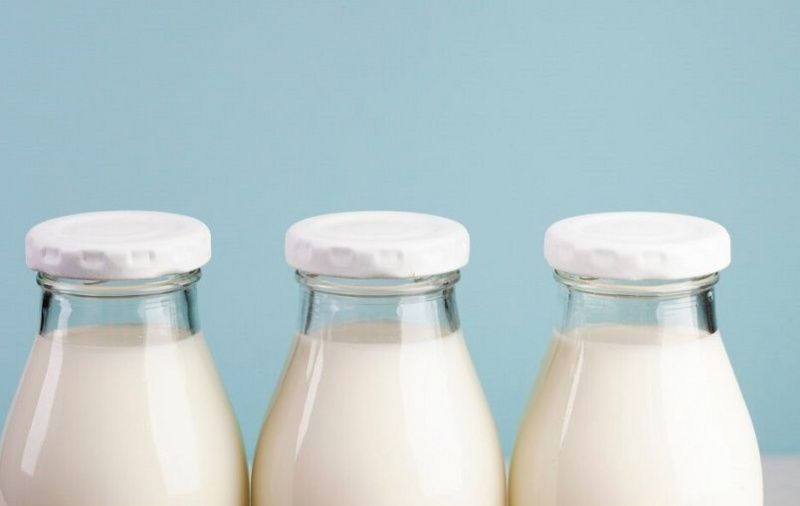FDA Reiterates Warning Against Raw Milk Amid Bird Flu Outbreak in Dairy Cattle
The U.S. Food and Drug Administration (FDA) has reinforced its stance on the consumption of pasteurized milk following the recent outbreak of Highly Pathogenic Avian Influenza (HPAI) in dairy cattle. In a briefing dated May 1, 2024, the agency strongly advised against the consumption of raw milk and recommended that the industry refrain from manufacturing or selling raw milk and its products.

The FDA's cautionary statement comes in light of concerns about bird flu viruses, which typically do not infect humans, though there have been rare cases of human infections. The term "highly pathogenic" is used to denote the severe impact on birds, not necessarily on humans, the agency clarified.
Further emphasizing the safety of pasteurized dairy products, the FDA released results from a large sample pool of retail dairy products, including fluid milk, cottage cheese, and sour cream. Out of nearly 300 samples tested, no live, infectious HPAI virus was detected. Some samples did show viral fragments from HPAI, indicating that the virus had been present but was successfully inactivated by pasteurization.
Regulations on the sale of raw milk continue to vary across the United States. According to Food Safety News, raw milk is legally sold in some capacity in 27 states. The most common model involves direct sales to consumers at farms or nearby farmers’ markets, although some states also permit retail sales, subject to strict testing and mandatory warning labels.
The sale of unpasteurized, raw milk across state lines remains illegal under federal law. Health officials warn that raw milk can be a vehicle for dangerous pathogens, including Campylobacter, Cryptosporidium, E. coli, Salmonella, Listeria, and Brucella, posing significant health risks. Particularly vulnerable to severe foodborne illnesses are older adults, young children, pregnant women, and individuals with compromised immune systems, as highlighted by Food Safety News.
Further emphasizing the safety of pasteurized dairy products, the FDA released results from a large sample pool of retail dairy products, including fluid milk, cottage cheese, and sour cream. Out of nearly 300 samples tested, no live, infectious HPAI virus was detected. Some samples did show viral fragments from HPAI, indicating that the virus had been present but was successfully inactivated by pasteurization.
Regulations on the sale of raw milk continue to vary across the United States. According to Food Safety News, raw milk is legally sold in some capacity in 27 states. The most common model involves direct sales to consumers at farms or nearby farmers’ markets, although some states also permit retail sales, subject to strict testing and mandatory warning labels.
The sale of unpasteurized, raw milk across state lines remains illegal under federal law. Health officials warn that raw milk can be a vehicle for dangerous pathogens, including Campylobacter, Cryptosporidium, E. coli, Salmonella, Listeria, and Brucella, posing significant health risks. Particularly vulnerable to severe foodborne illnesses are older adults, young children, pregnant women, and individuals with compromised immune systems, as highlighted by Food Safety News.
Key News of the Week











